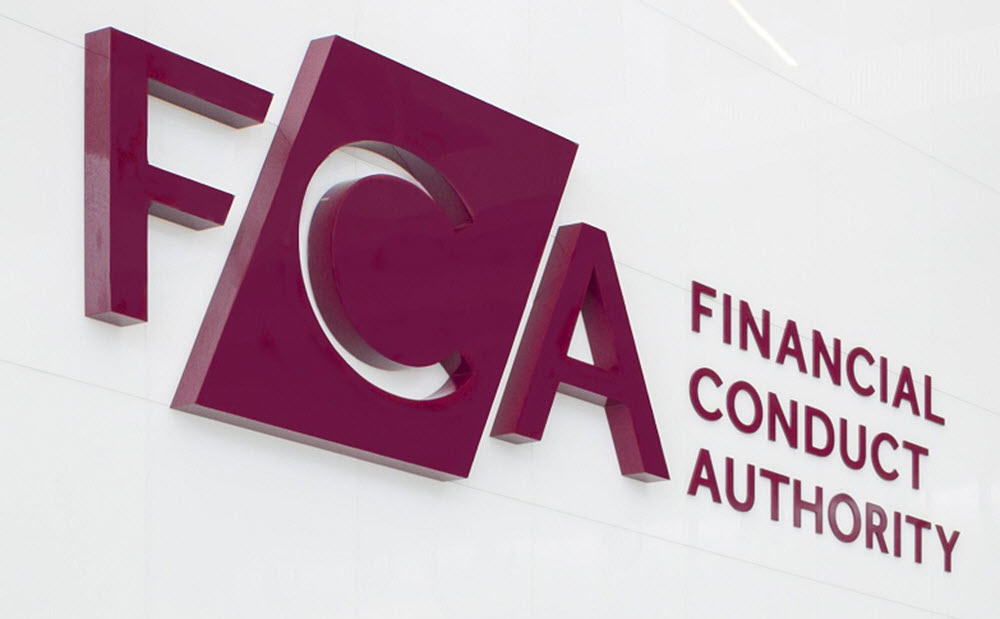What is the FCA and How Does it Operate in the UK?
The Financial Conduct Authority, or FCA, is a regulatory body in the UK that oversees the operations of firms providing financial services. The FCA plays a crucial role in maintaining the integrity of the UK’s financial market and protecting consumers from financial harm. This article will delve into the FCA, its operation, and its significance in the UK’s financial landscape.

Understanding the FCA
Established in 2013, the FCA is an independent public body funded entirely by the firms it regulates, it operates under the supervision of the UK Treasury and the Parliament. It is responsible for regulating around 59,000 firms, ensuring they meet the required standards for conduct and operate with customers’ best interests at heart.
The FCA also plays a vital role in promoting competition, enhancing market integrity, and preventing financial crime in the UK’s financial services sector. This includes everything from banks, insurance companies, consumer credit firms, and independent financial advisors.
How the FCA Operates
The FCA operates through a variety of functions. These include:
Regulatory Activities
The FCA sets out rules and standards that firms must follow. To ensure compliance, the FCA conducts regular inspections and supervisory activities. If a firm violates these rules, the FCA can impose sanctions, including fines, public censures, and bans on trading.
Consumer Protection
Protecting consumers is among the FCA’s key mandates. The authority ensures that consumers are provided with appropriate products and services and are treated fairly by financial firms. It also operates the Financial Ombudsman Service, which handles consumer complaints about financial services firms.
Market Oversight
The FCA monitors market activity to identify potential risks to financial stability and consumer protection. When necessary, it can intervene by banning or restricting the sale of certain financial products or services.
Promoting Competition
The FCA promotes competition within the financial services industry to benefit consumers. It does this by removing barriers to entry for new firms, ensuring a level playing field for all participants, and taking action against anti-competitive behaviour.
The Significance of the FCA in the UK
The FCA ensures the UK’s financial markets operate transparently and fairly. It fosters trust between consumers and financial service providers, encouraging a thriving financial ecosystem.
The FCA’s work is vital in maintaining consumer confidence in the financial system, protecting individuals from financial harm, and promoting a robust and competitive industry that serves the needs of consumers and the wider economy.
In conclusion, the Financial Conduct Authority is a key player in the UK financial landscape, contributing significantly to the regulation and stability of the country’s financial services industry. It ensures that firms uphold high standards of conduct and consumers are protected from potential financial harm.
This article was last updated on: April 13, 2024
